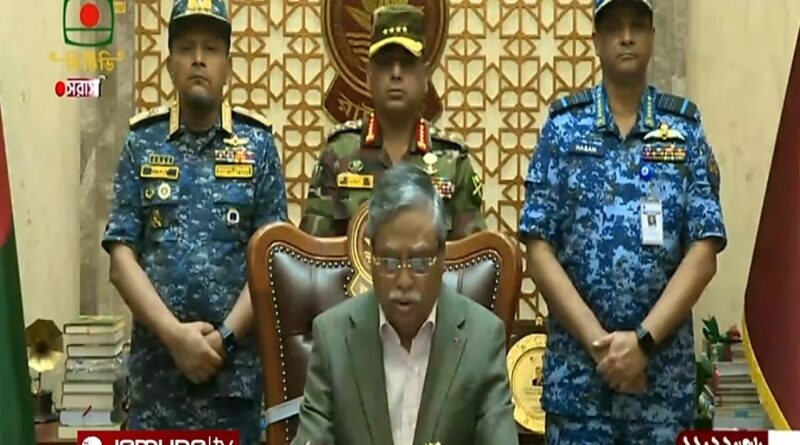Ongoing Crisis in Bangladesh: Prime Minister Sheikh Hasina Flees to India Amid Military Takeover
Bangladesh is facing an unprecedented political crisis as Prime Minister Sheikh Hasina fled the country on August 5, 2024, amid violent protests and a subsequent military takeover. The turmoil marks a significant shift in the nation’s political landscape, ending Hasina’s 15-year rule and raising concerns about future stability.
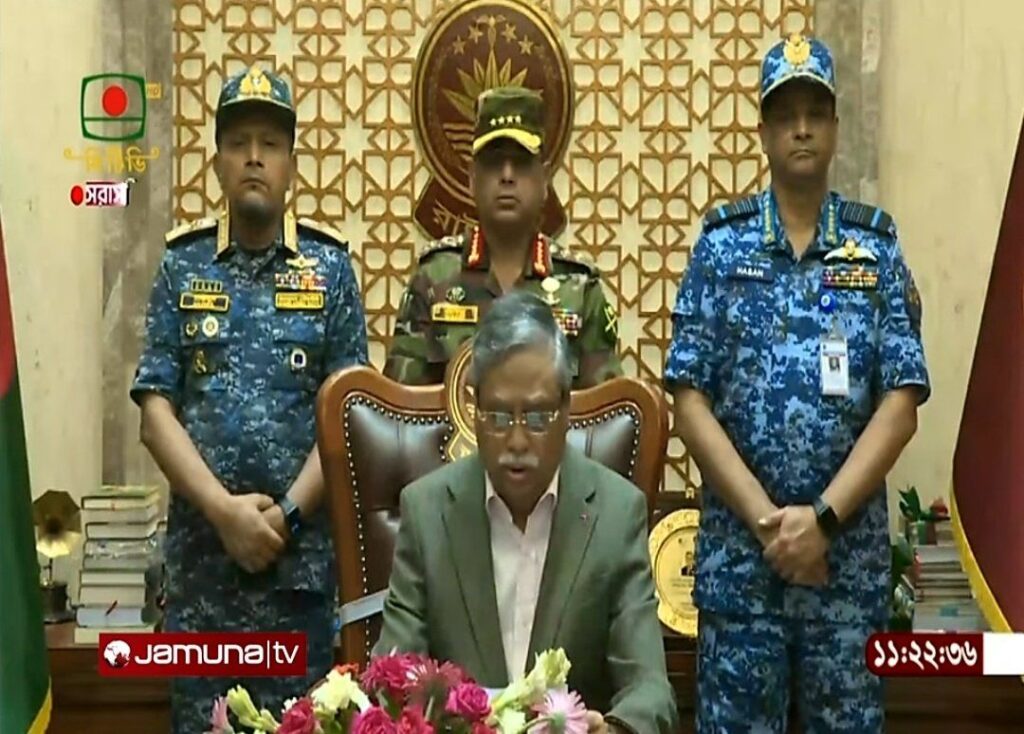
The Protests and Their Escalation
The protests that led to this upheaval began several weeks ago, primarily driven by student movements demanding job quotas and educational reforms. However, these demonstrations quickly evolved into a broader anti-government movement, highlighting widespread discontent with Hasina’s administration.
The situation escalated dramatically over the weekend of August 4-5, when clashes between protesters and security forces resulted in nearly 300 deaths. The violence peaked on August 4, with 97 people killed in a single day, including 14 police officers. By August 5, the death toll had risen further as protesters stormed government buildings, including Hasina’s official residence .
Hasina’s Flight to India
Under mounting pressure and the threat of further violence, Prime Minister Sheikh Hasina fled Dhaka aboard an army helicopter. She arrived at Hindon Air Base near New Delhi on a C-130 Hercules military transport aircraft. There is speculation that she may travel onward to London, seeking refuge from the turmoil in her home country.
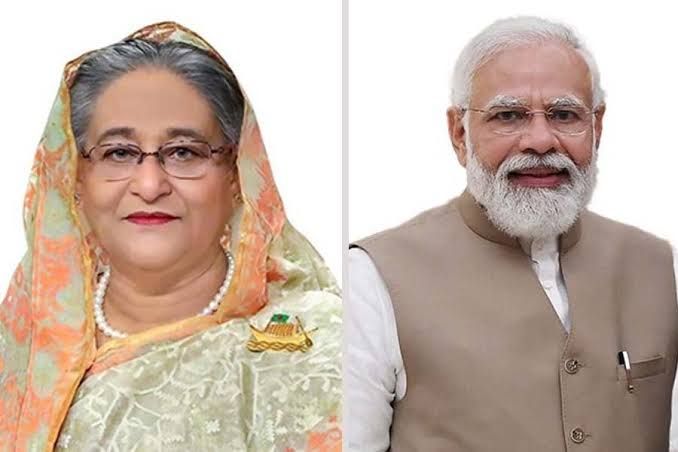
The Military Takeover
Shortly after Hasina’s departure, Bangladesh’s army chief, General Waker-Uz-Zaman, announced the formation of an interim government. In a televised address, Waker emphasized the need to restore peace and stability, stating, “The country has suffered a lot, the economy has been hit, many people have been killed – it is time to stop the violence”【7†source】.
Waker’s announcement was accompanied by a call for calm and cooperation from the student protesters. He assured the public that the interim government would prosecute those responsible for the recent violence and work towards stabilizing the nation. This interim government has been formed with the promise of eventually returning to democratic processes, though specific timelines have not been provided.
Release of Political Prisoners
In a significant development following the military takeover, Bangladeshi President Mohammed Shahabuddin ordered the release of jailed former Prime Minister Khaleda Zia, a key opposition leader. Zia, who leads the Bangladesh Nationalist Party (BNP), had been imprisoned on corruption charges. Her release, along with that of other political detainees arrested during the protests, is seen as a move to placate the opposition and reduce tensions.
Reactions and Future Prospects
The dramatic events in Bangladesh have drawn international attention and concern. The abrupt change in leadership and the involvement of the military in political affairs have raised questions about the future of democracy in the country. Human rights organizations have condemned the violence and called for an immediate end to the crackdown on protesters.
Locally, the response has been mixed. While some celebrate the end of Hasina’s rule, others fear that the military’s involvement may lead to further instability and repression. The opposition, particularly the BNP, has welcomed the release of Khaleda Zia and other political prisoners, but remains cautious about the military’s long-term intentions.
Conclusion
Bangladesh stands at a crossroads following the dramatic departure of Prime Minister Sheikh Hasina and the subsequent military takeover. The nation faces significant challenges in restoring stability and ensuring a peaceful transition to a new government. As the situation unfolds, the international community will be watching closely, hopeful for a resolution that respects democratic principles and human rights.
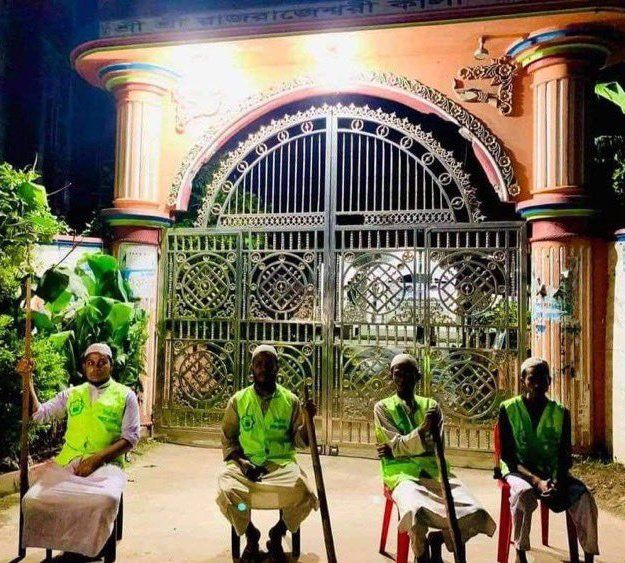
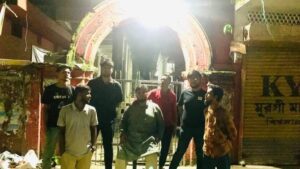
The coming days and weeks will be crucial in determining the path forward for Bangladesh. The interim government’s actions, the response of the opposition, and the resilience of the Bangladeshi people will all play vital roles in shaping the country’s future.

